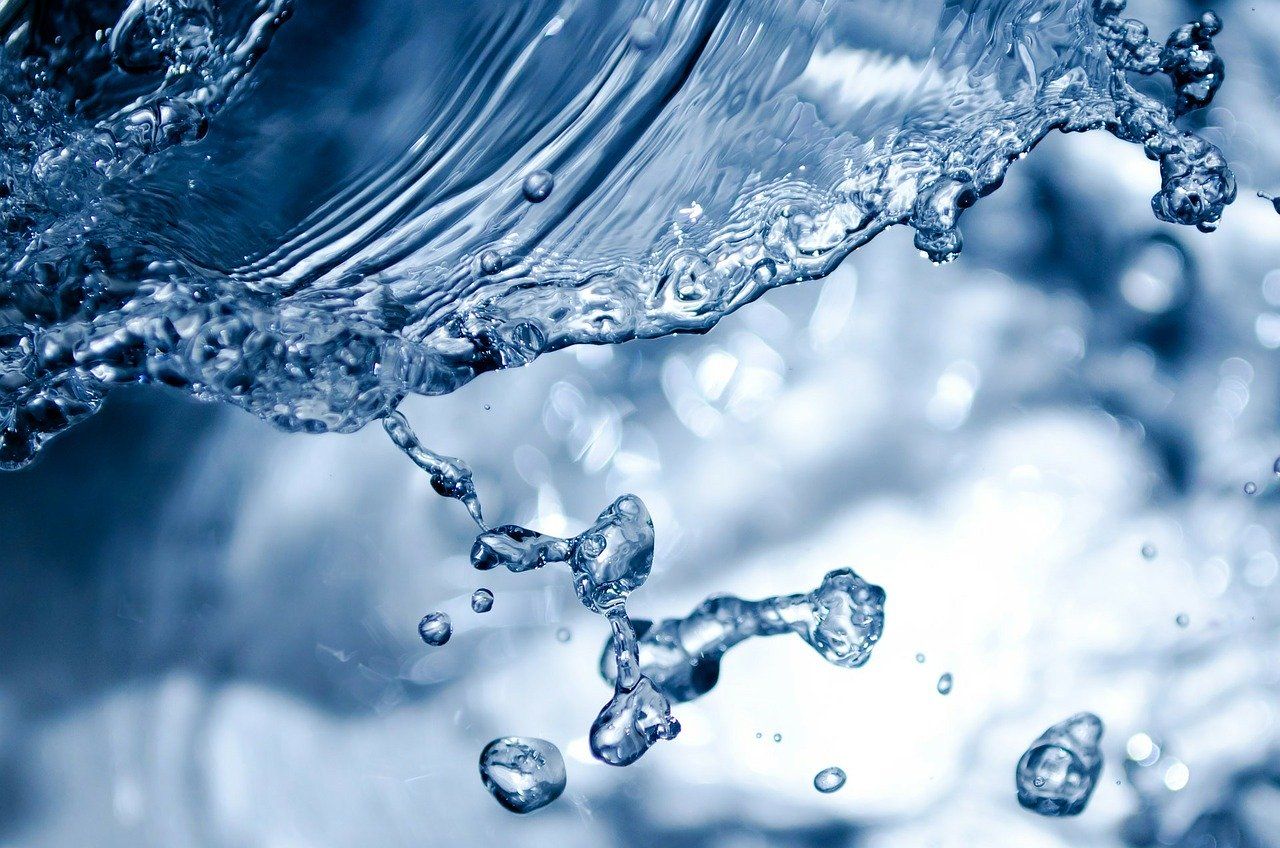[1.1] Wudoo (Ablution): [Short Fiqh Reminders]
In The Name of Allaah, The Most Merciful, The Bestower of Mercy.
The Messenger [peace and blessings of Allaah be upon him] said, “Allaah does not accept the prayer of a person who is a state of Hadath until he performs ablution (i.e. prayer not accepted if one is in a state in which his ablution has been nullified, such as passing wind, after urination and defecation, menstruation, post natal bleeding etc)”. [Muslim 223 ]
The author [i.e. Imaam Abdul Ghaniy al-Maqdisee (may Allaah have mercy upon him)] began with this hadeeth to give notification regarding the status of purification in relation to prayer – that it is a condition and prayer is not accepted except when ablution is fulfilled. So, this mighty prayer – which is an act of worship in which one stands in the presence of Allaah – requires purification of the body, clothing and the place of prayer. Without purification, prayer is not accepted, regardless whether a person forgot to be in a state of purification, did so deliberately, out of forgetfulness or out of ignorance; however the ignorant person and the one who forgot are not guilty of sin, but their prayer – due to lack of purification – is not sound. If a person remembers after forgetting that he was not in a state of purification, then he must repeat his prayer, but he is not sinful. As for the one who deliberately abandoned purification, his prayer is not accepted and he has also committed a sin. One of the benefits of this hadeeth is that ablution is not obligated on a person for every prayer, because the statement, “Allaah does not accept the prayer Salaah except with purification” is related to prayer, therefore as long as purification is present then prayer is accepted, whether two prayers or more. (1)
What is Wudoo [Ablution]? It is to use water on four limbs and they are: the face (which includes the mouth and nose), the two hands (which includes the two palms and washing up to the elbows), the head and the two feet (which includes washing up to above the ankles). This is to be carried out in a specific manner that has been stated in the Sharee’ah (i.e. the Qur’aan and authentic Sunnah) as an act of worship to Allaah [The Exalted].
Is Wudoo obligatory?
Wudoo is obligatory. Allaah [The Exalted] said:
ـٰٓأَيُّہَا ٱلَّذِينَ ءَامَنُوٓاْ إِذَا قُمۡتُمۡ إِلَى ٱلصَّلَوٰةِ فَٱغۡسِلُواْ وُجُوهَكُمۡ وَأَيۡدِيَكُمۡ إِلَى ٱلۡمَرَافِقِ وَٱمۡسَحُواْ بِرُءُوسِكُمۡ وَأَرۡجُلَڪُمۡ إِلَى ٱلۡكَعۡبَيۡنِۚ وَإِن كُنتُمۡ جُنُبً۬ا فَٱطَّهَّرُواْۚ وَإِن كُنتُم مَّرۡضَىٰٓ أَوۡ عَلَىٰ سَفَرٍ أَوۡ جَآءَ أَحَدٌ۬ مِّنكُم مِّنَ ٱلۡغَآٮِٕطِ أَوۡ لَـٰمَسۡتُمُ ٱلنِّسَآءَ فَلَمۡ تَجِدُواْ مَآءً۬ فَتَيَمَّمُواْ صَعِيدً۬ا طَيِّبً۬ا فَٱمۡسَحُواْ بِوُجُوهِڪُمۡ وَأَيۡدِيكُم مِّنۡهُۚ مَا يُرِيدُ ٱللَّهُ لِيَجۡعَلَ عَلَيۡڪُم مِّنۡ حَرَجٍ۬ وَلَـٰكِن يُرِيدُ لِيُطَهِّرَكُمۡ وَلِيُتِمَّ نِعۡمَتَهُ ۥ عَلَيۡكُمۡ لَعَلَّڪُمۡ تَشۡكُرُونَ
O you who believe! When you intend to offer As-Salat (the prayer), wash your faces and your hands (forearms) up to the elbows, rub (by passing wet hands over) your heads, and (wash) your feet up to ankles . If you are in a state of Janaba (i.e. had a sexual discharge), purify yourself (bathe your whole body). But if you are ill or on a journey or any of you comes from answering the call of nature, or you have been in contact with women (i.e. sexual intercourse) and you find no water, then perform Tayammum with clean earth and rub therewith your faces and hands. Allah does not want to place you in difficulty, but He wants to purify you, and to complete His Favour on you that you may be thankful. [Surah Al-Maa’idfah. Verse 6]
When Does Ablution Become Obligatory?
It becomes obligatory when the time of the prayer begins (i.e. before a person establishes the prayer), when performing Tawaaf or if one wants to touch the mushaf. (2)
Touching the Mus’haf without Wudoo, listen to short clarification here by Shaikh Abdul Ilaah (may Allaah preserve him): https://soundcloud.com/markazmuaadh/can-one-read-or-touch-quran-without-having-wudhu-by-abdulilah-lahmami
[Ref 1: An Excerpt from explanation of Umdatul Ahkaam by Shaikh Abdur Razzaaq Al-Badr (may Allaah preserve him). Lesson 2]
[Ref 2: An Excerpt from Al-Fiqh Al-Muyassar pages 35-36 with the supervison of Shaikh Saaleh Aala Ash-Shaikh (may Allaah preserve him)]
